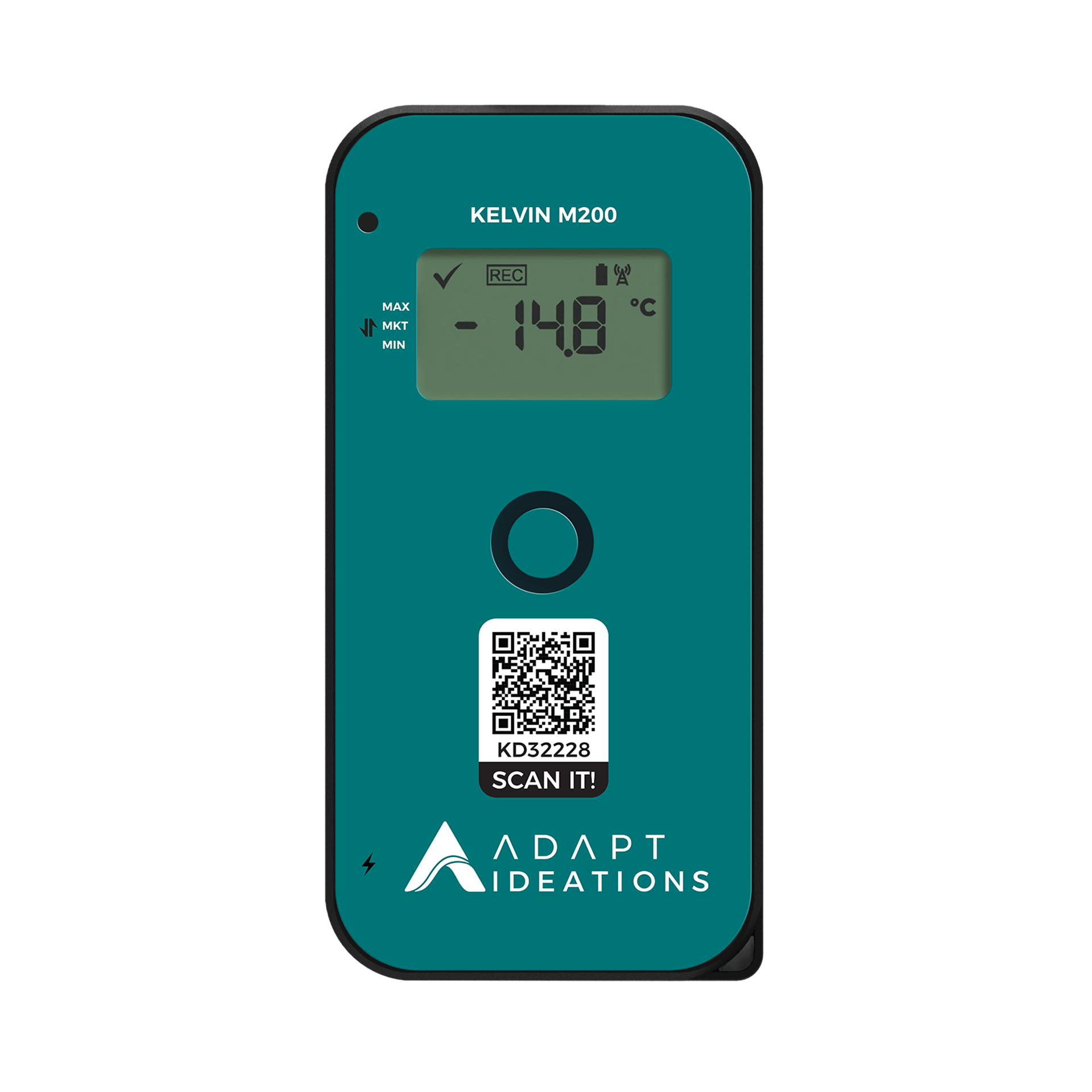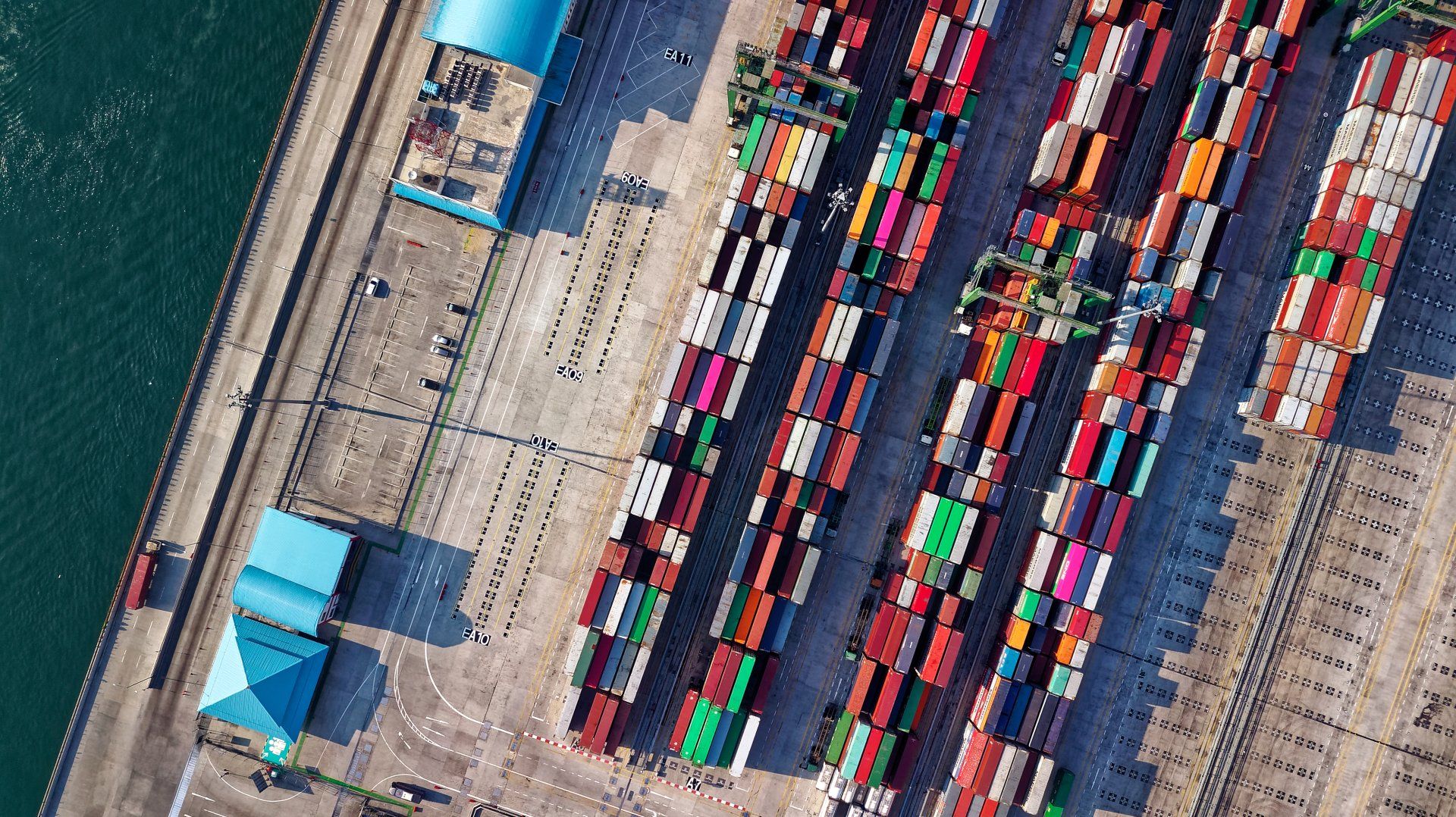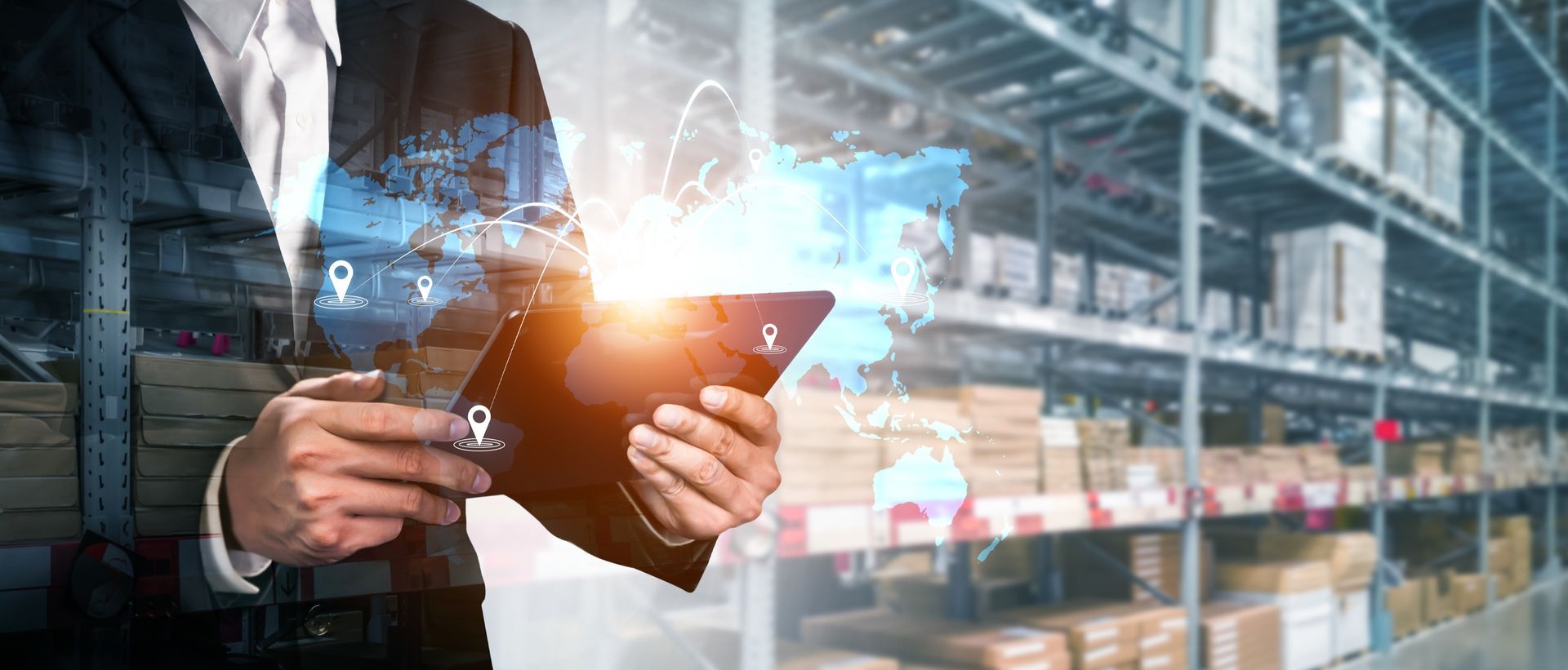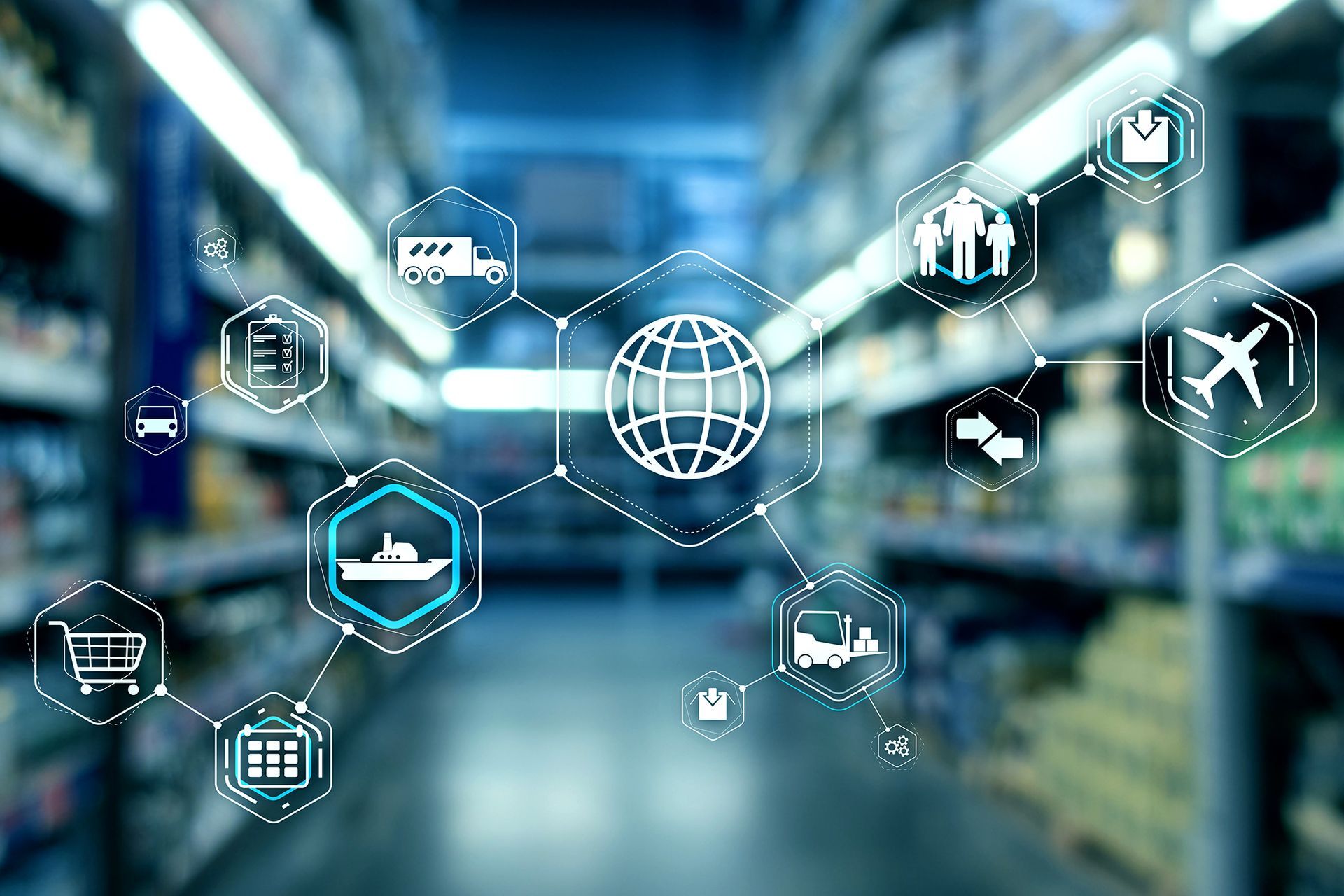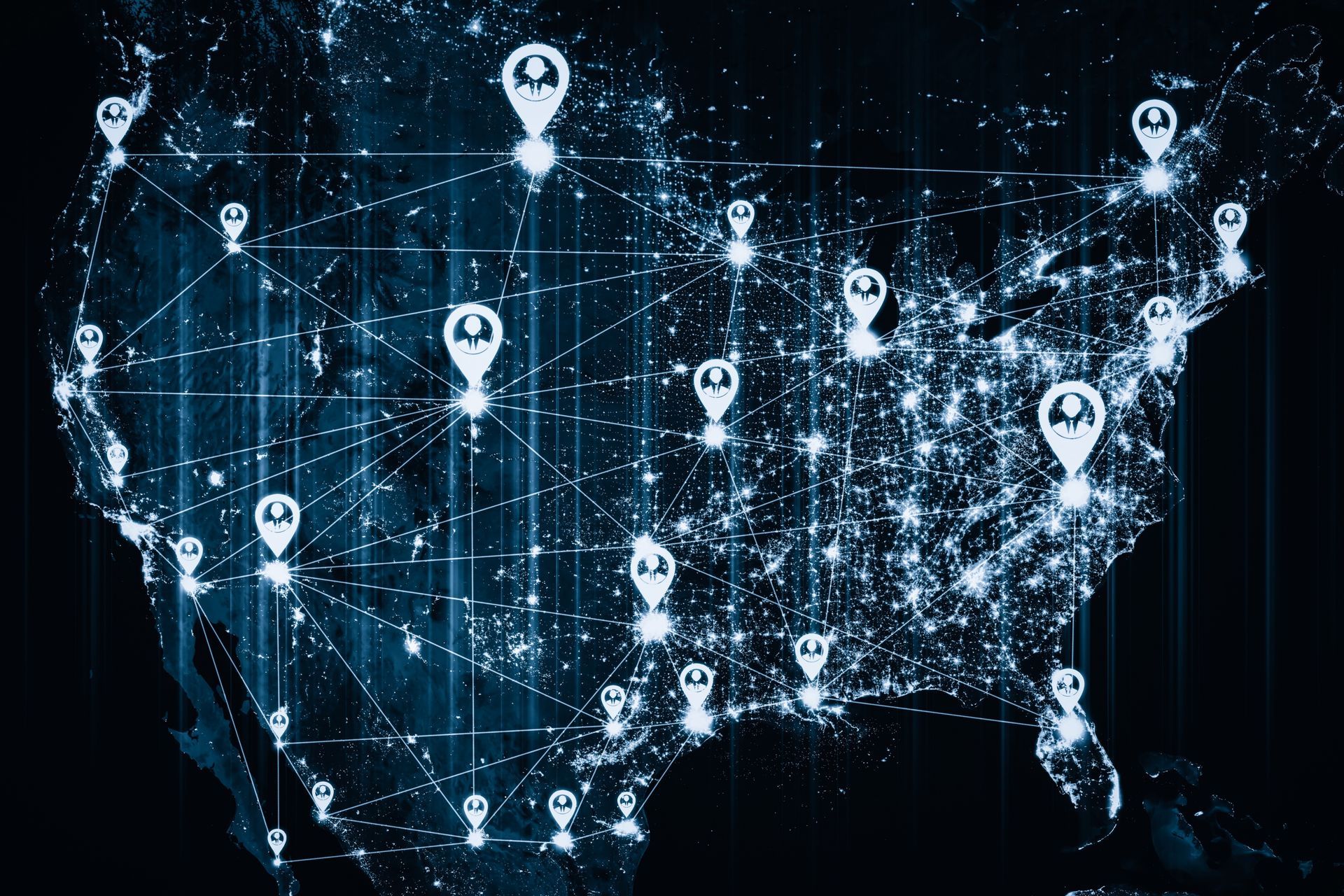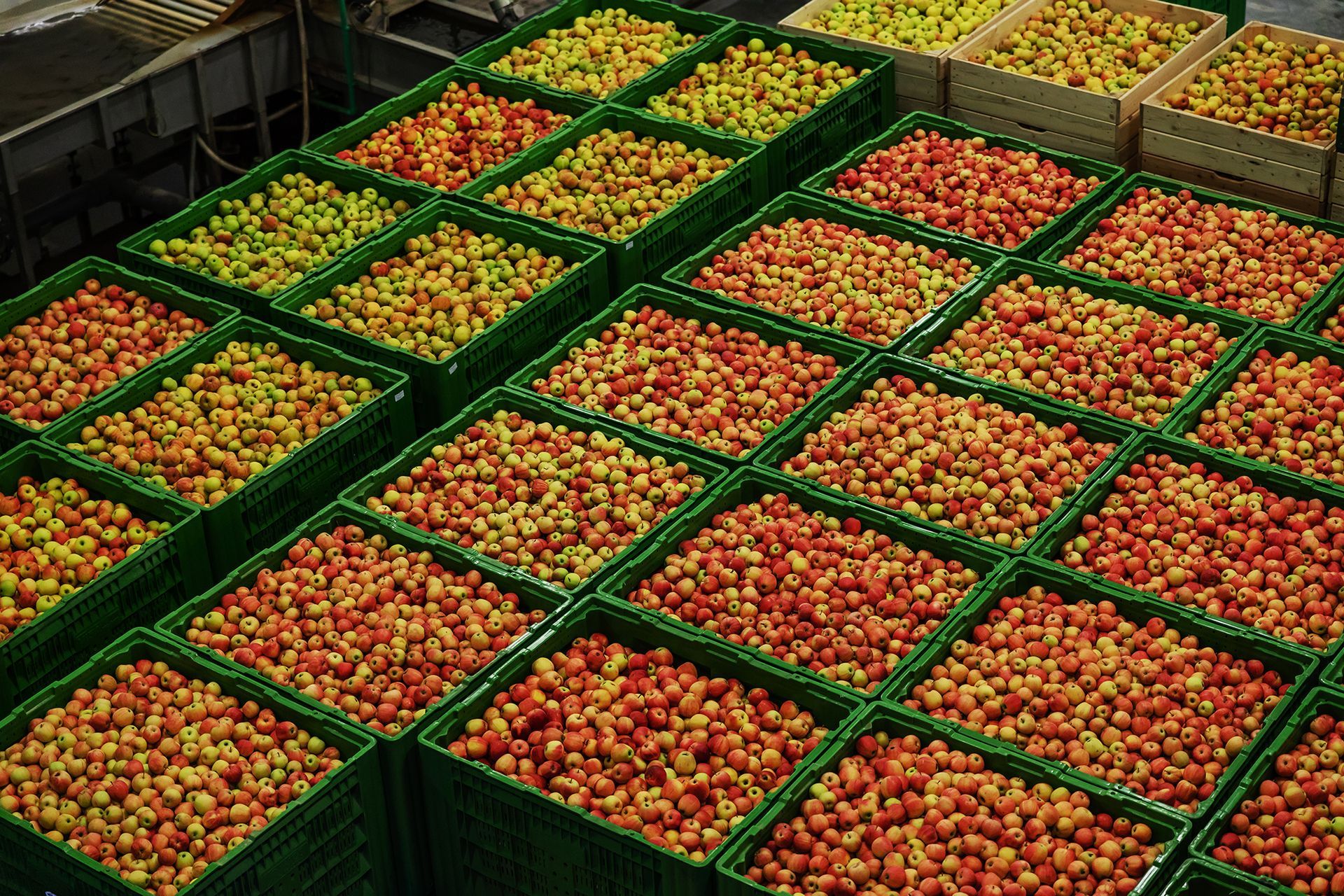The worldwide lockdowns that have been enforced have naturally increased demand for the delivery of everyday necessities amongst other items.
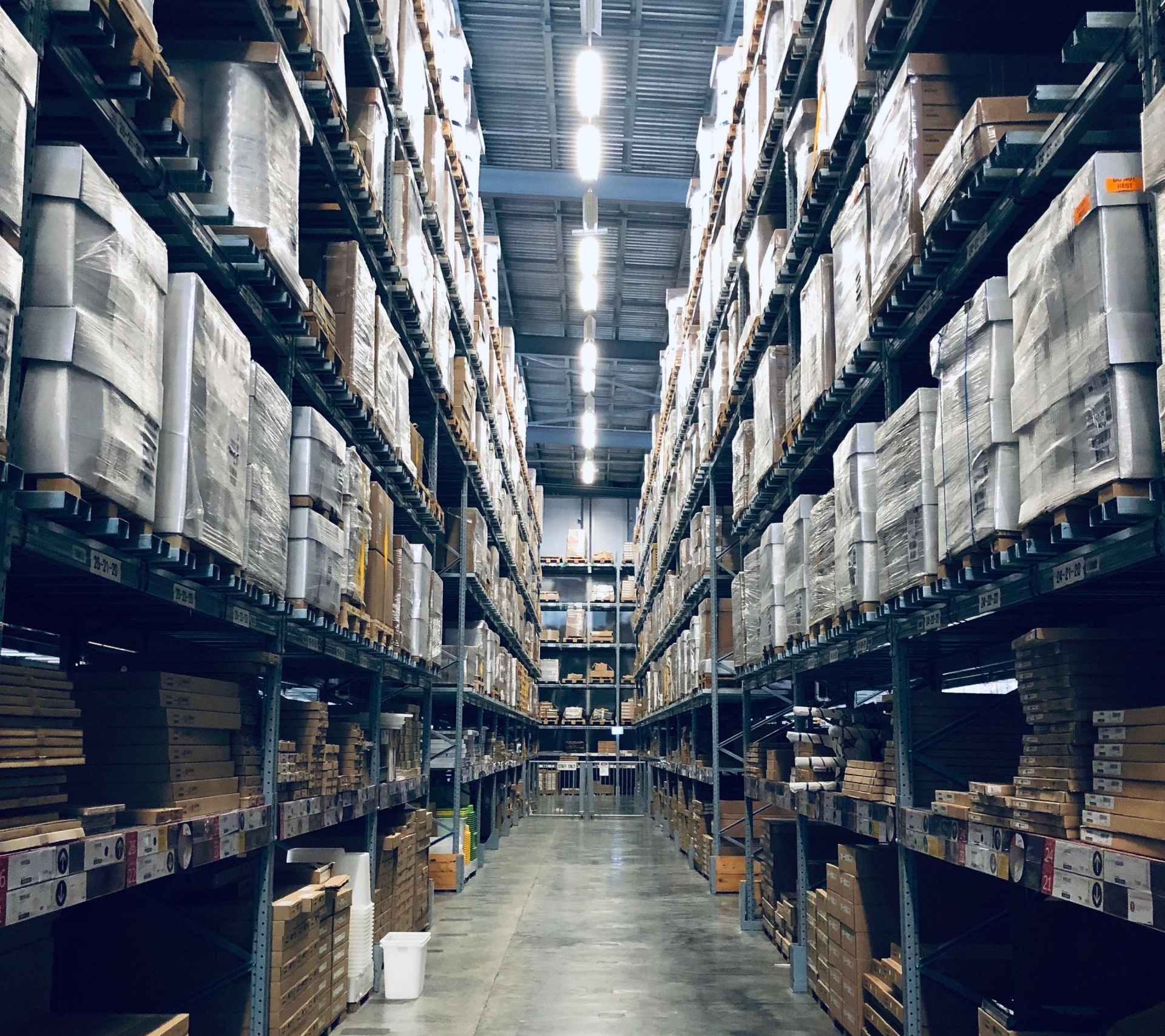
Covid-19 has had major effects on the world and has created major changes that will still be implemented long after the pandemic has been managed. The worldwide lockdowns that have been enforced naturally increased demand for the delivery of everyday necessities amongst other items. While retail and department stores dropped in sales, food deliveries increased by 8.7% in Australia as reported by The Guardian 2020. Their report also found a 3.6% increase in non-food related deliveries. Evidently, on-demand deliveries have become the new normal during the pandemic. However, with many stringent regulations regarding sanitation and cleanliness to avoid the virus spreading, companies and delivery businesses have had to adapt to prosper. Enforced government regulations regarding social distancing and awareness of Covid-19 have given rise to contactless deliveries; the new norm during this era.
Many companies have implemented contactless options for the pick-up and delivery of their products to ensure community safety and abidance with enforced measures. Essential Australian businesses that were able to operate during lockdown such as Ikea, Big W, Kmart, UberEATS and grocers such as Woolworths, all implemented contactless options for their customers. The NewDaily 2020, reports a 10.3 % growth for Woolworths and 9.9% for Big W in comparison to their 2019 sales. Contactless pick-up does not require the client to become face-to-face with anyone, and instead pick up their goods from a designated location. Contactless delivery, being the more convenient option sees the products left at customers doorsteps for them to pick-up without any physical interaction with the delivery driver. Covid-19 has shifted the way society communicates with each other and these new habits are expected to remain long after Covid-19 has been managed. A study by Mckinsey and Company in 2020 highlights the increasing trend towards e-commerce, with China seeing a 15-20% increase in their online orders. Further found by Mckinsey and Company, hard-hit countries such as Italy, increased their digital shopping footprint by 81% during the first week, indicating the need for contactless delivery options. Furthermore, food grocers such as Walmart saw a 160% spike in the downloads of their delivery apps during the Covid-19 pandemic, as reported by TechCrunch 2020. These statistics indicate great consumer behavioural changes that are likely to remain as part of the new shopping norm. By implementing contactless pick-up and delivery options, companies can ensure clients are receiving their products, and protecting the community at the same time.
Contactless delivery does create some consumer concerns that can be addressed adequately through IoT technology. A major issue with contactless delivery is the assurance of quality and viable goods. This concern can be addressed by businesses by implementing IoT enhanced asset trackers that will be able to track and monitor the status and condition of the consignments. The information gathered from increased visibility is relayed back to companies in real-time, enabling them to take necessary action against issues that may arise. Protecting the community and abiding by stringent new regulations has created the new normal of contactless delivery options, and businesses must adapt to these changes in order to prosper and grow.
Enquire today at enquries@adaptideations.com to find out more about our wide range of asset monitoring and tracking solutions.
Awards & Recognition

Best Temperature Monitoring Solution Provider
Awarded by India Biologics & Vaccines Outstanding Industry Awards 2022

Adapt Ideations Recognised As A Supply Chain Leader
by Alcott Global on Supplify's Supply Chain Tech Map 2.0

Related Articles.

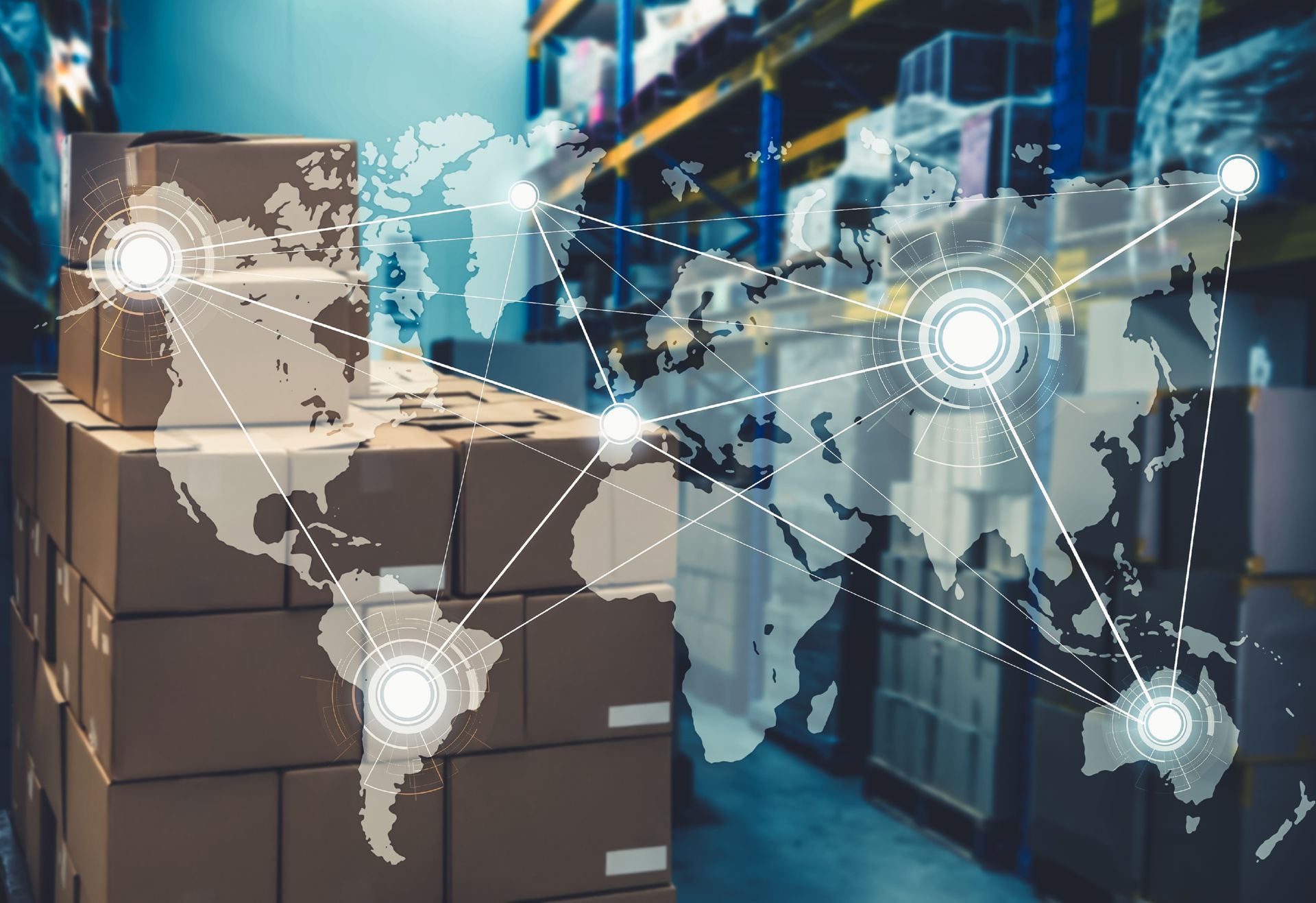
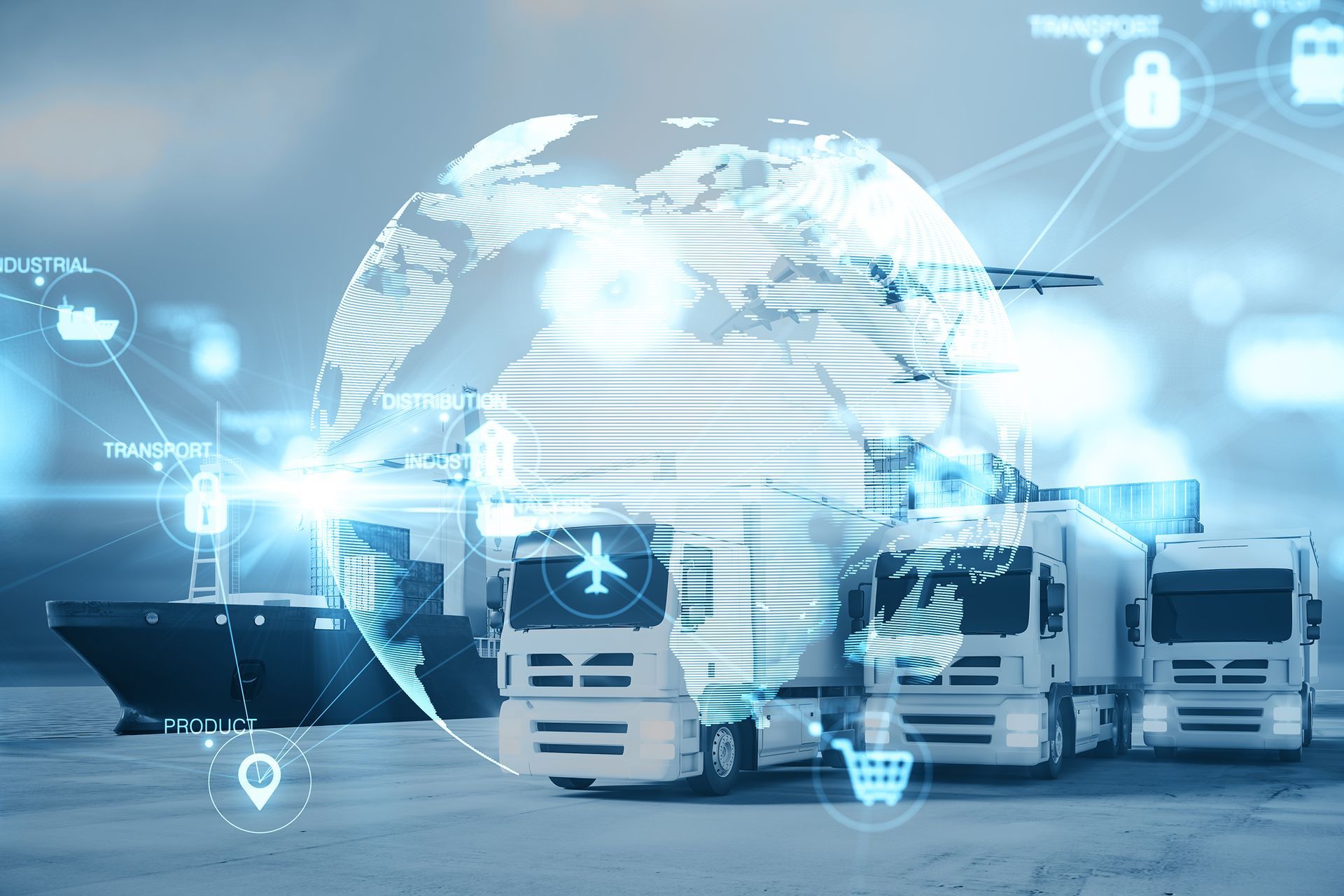
Our Guides.
Sign up to our monthly newsletter!
Thank you for signing up.
Please try again later
